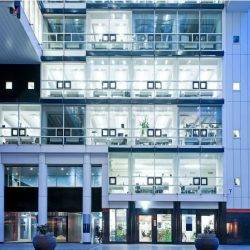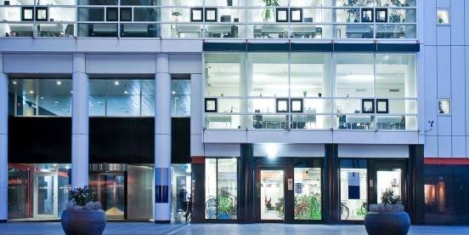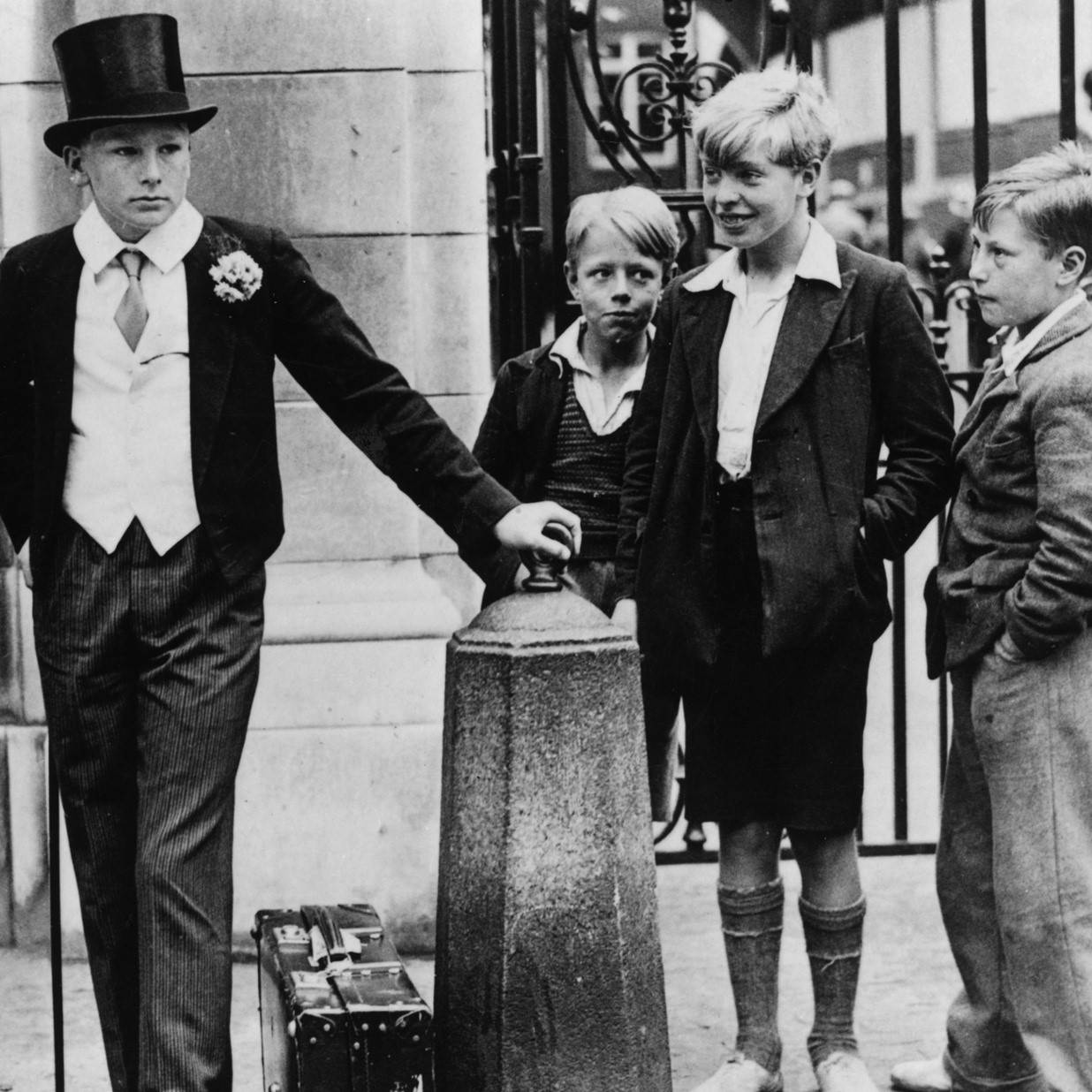March 27, 2017
New report identifies ways facilities management contributes to business success 0
 RICS in collaboration with IFMA has now published the full version of Part III in its ‘Raising the Bar’ research series. The report, written by Occupiers Journal, makes a case for how facilities management makes contributes to business success and organisational effectiveness and reviews the current state of the FM sector. An Executive Summary of Raising the Bar: From Operational Excellence to Strategic Impact in FM is also available. Both versions of the review identify the key issues facing the facilities management sector and suggest ways forward for how FM can build recognition and understanding within the boardroom, among other business leaders, and with related infrastructure groups.
RICS in collaboration with IFMA has now published the full version of Part III in its ‘Raising the Bar’ research series. The report, written by Occupiers Journal, makes a case for how facilities management makes contributes to business success and organisational effectiveness and reviews the current state of the FM sector. An Executive Summary of Raising the Bar: From Operational Excellence to Strategic Impact in FM is also available. Both versions of the review identify the key issues facing the facilities management sector and suggest ways forward for how FM can build recognition and understanding within the boardroom, among other business leaders, and with related infrastructure groups.













 A new guide for facilities management professionals working with clients on BIM construction projects has been issued by the BIFM (British Institute of Facilities Management). Employer’s Information Requirements is a practical 47-page document to support clients using BIM (Building Information Modelling) to advise clients on how to specify their exact requirements for the design and construction phase of a built asset through to its full life-time operation. The purpose of the EIR is to support both FM professionals and clients by providing a template which can be edited and amended by the client or facilities manager to meet individual requirements for the project. Its guidance follows the publication of BIFM’s Operational Readiness Guide For Facilities Managers published in April 2016. Since April 2016, construction projects commissioned by Central Government have been required to use BIM for their procurement and delivery.
A new guide for facilities management professionals working with clients on BIM construction projects has been issued by the BIFM (British Institute of Facilities Management). Employer’s Information Requirements is a practical 47-page document to support clients using BIM (Building Information Modelling) to advise clients on how to specify their exact requirements for the design and construction phase of a built asset through to its full life-time operation. The purpose of the EIR is to support both FM professionals and clients by providing a template which can be edited and amended by the client or facilities manager to meet individual requirements for the project. Its guidance follows the publication of BIFM’s Operational Readiness Guide For Facilities Managers published in April 2016. Since April 2016, construction projects commissioned by Central Government have been required to use BIM for their procurement and delivery.




 Accommodation and food services, manufacturing, and transport industries will be hardest hit by limits on movement of EU and non-EU workers following Brexit, a new report has claimed. The latest edition of Mercer’s
Accommodation and food services, manufacturing, and transport industries will be hardest hit by limits on movement of EU and non-EU workers following Brexit, a new report has claimed. The latest edition of Mercer’s 
















